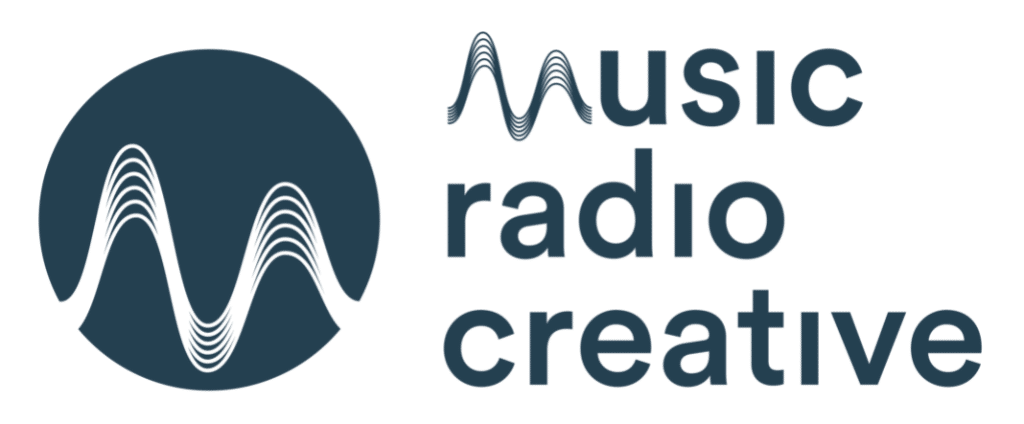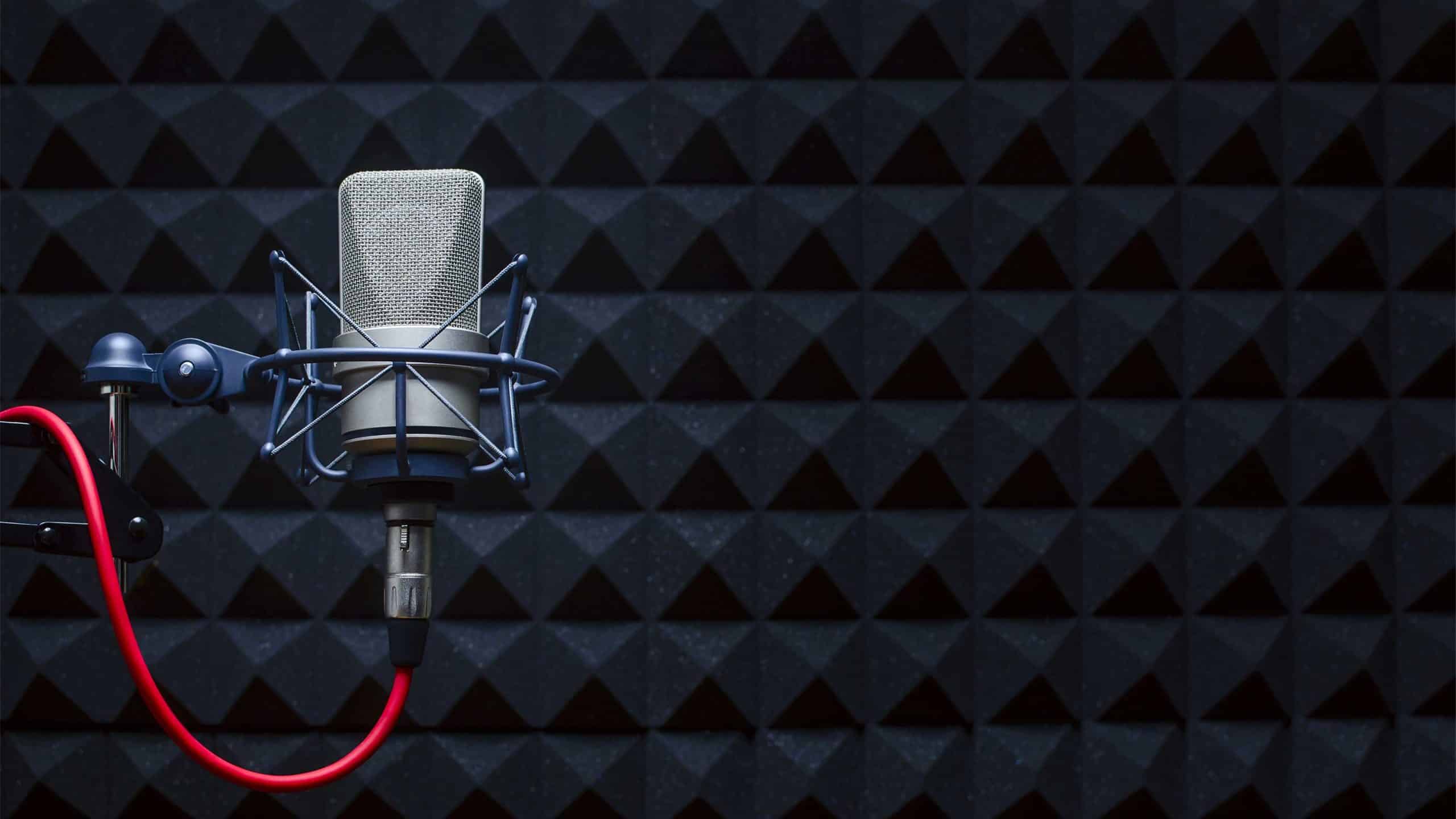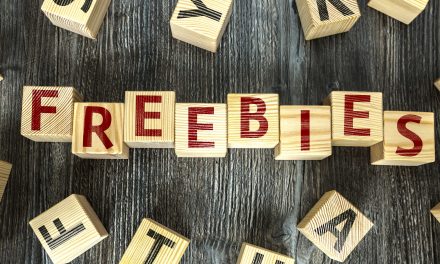Making a podcast for your radio station or radio show is a great way to get heard on another platform but is it right to podcast a radio show’s best bits?
How Can You Get A Movie Trailer Voice?
I’ve been asked a couple of times in the last weeks about this topic. Some folk believe there is a preset you can add in audio editing software such as Adobe Audition to get the movie trailer voice sound. I attempt a movie trailer voice in the podcast and tip my hat to the late Don LaFontaine who I’m not a patch on!
We also refer to the recent movie “In A World” which is all about movie trailer voice overs.
There is no effect apart from a little pitch shifting and stereo enhancement that could deepen and stretch your voice a little. The very best way is to hire a great voice over talent like Duke who’s on a previous episode or Pete who you can hear in this podcast.
Testimonial From Kim Doyal
Thank you to Kim Doyal, The WordPress Chick, left an amazing voicemail for us this week about her WordPress Chick podcast intro from Music Radio Creative.
Is Your Show Content Relevant?
As a podcast listener why would you listen back to the ‘best bits’ of a radio show and is a radio station podcasting really a podcast in the truest sense? Izabela believes that a radio show podcast is simply an advert for the radio station and nothing more.
If there is a talk show then it could be relevant to podcast listeners but, Izabela argues, why would you want to hear the weather forecast and bits in between the music tracks in podcast form? It’s simply a show off for the radio presenter. You can tune into the radio when you want to get that content and it doesn’t feel right in podcast form.
Radio Has Got Podcasting Wrong
Izabela suggests that if radio hosts want to create a podcast they should be producing unique content and not simply cutting together highlights of a radio show.
The Definition Of A Podcast
A podcast is not a radio show. Podcasters create content that listeners specifically want to hear and talk TO the listener whereas radio station DJs generally talk more AT the listener. The purpose of a podcast is to engage your listener and generate thought and response. It’s not something that is listened to passively.
When Is A Radio Podcast Acceptable?
It’s great to hear podcasts of famous radio personalities like Rush Limbaugh or Howard Stern. They create unique and compelling content that would be of great value to listeners around the world. Izabela suggests that there is no point in local radio stations podcasting their radio shows as there are not many people that would want to download the episodes. Podcasting is a great platform but is a local radio station likely to get new listeners from having a podcast of their morning show? Create a new podcast outside of your radio show that shows another side of your personality and engages your listener.
What are your thoughts on radio and podcasting? Leave a comment and let us know!




